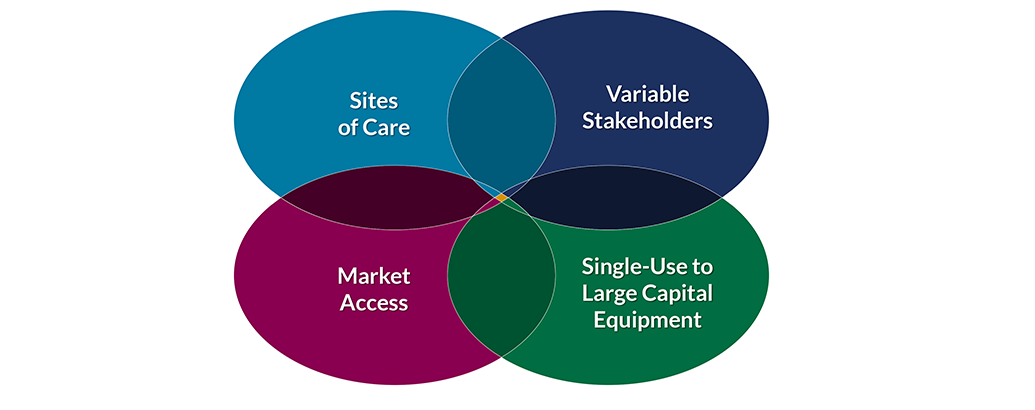Capital Equipment
Learn More
Health Advances has been driving strategy for MedTech manufacturers and investors for over 30 years. With in-depth expertise in the unique nuances of the industry, our teams tackle the toughest questions to give you confidence in the critical decisions you need to make.
We develop winning strategies specific to the unique characteristics of every product.

We are uniquely positioned to answer the most pressing questions facing companies across the full spectrum of medical technology today. From small, pre-commercial startups to large, diversified manufacturers, we work globally to help clients understand the nuances of mature markets, disruptive innovations, and everything in between.
Health Advances partners with MedTech companies to focus on a variety of industry imperatives:
Health Advances' expertise in MedTech spans the full range of product types and the breadth of settings in which devices are used, from hospital inpatient capital equipment to at-home DME and consumer devices.
Learn More
Learn More
Learn More
Learn More
Learn More
Learn More
Learn More
Learn More
Learn More
Susan A. Posner
Partner and Managing Director, Head of MedTech, Digital Health and HIT
MedTech Digital Health & Enterprise HIT InvestorsCapital Equipment, Consumables, Instruments & Supplies, Contract MedTech Services, Contract Pharma Services, DME & Consumer Devices, Implantables & Injectables, Women's Health